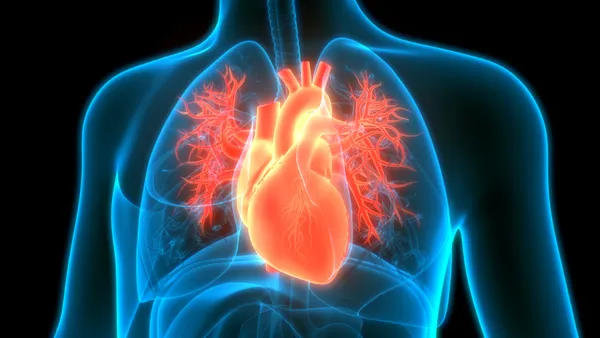Dive Brief:
-
The National Evaluation System for health Technology Coordinating Center picked eight test cases to evaluate the use of real-world evidence in medical device regulatory processes.
-
Abbott, Johnson & Johnson and other leading device manufacturers are participating in the test cases to understand whether NESTcc can cut transaction costs and increase access to RWE.
-
The cases will assess the role of RWE in proactive post-market surveillance, the evaluation of ablation devices and other activities across the medical device lifecycle.
Dive Insight:
NESTcc grew out of a recognition that greater access to timely, low-cost and high-quality RWE about medical devices could improve regulatory decision making across the product life cycle. FDA awarded a $3 million grant for NESTcc around two years ago, setting it up to start partnering with organizations that can provide, analyze and use RWE.
The network of NESTcc collaborators now includes Weill-Cornell Medicine, HealthCore and 10 other organizations, giving the initiative access to almost 500 million patient records. NESTcc is now ready to start exploring the use of this data.
Abbott, Adhesys Medical, J&J and W.L. Gore & Associates are the industry partners involved in the test cases. NESTcc is also working with DJO Global, DePuy Synthes, Smith & Nephew, Stryker and Zimmer Biomet through the American Academy of Orthopaedic Surgeons.
Most of the test cases cover post-market activities. NESTcc is coordinating three post-market initiatives that will monitor the safety of orthopaedic devices using electronic health records, and assess the feasibility of registry and claims data linkages.
Four of the projects will assess the use of RWE to support label changes, for example by showing that ablation catheters can treat cardiac arrhythmias. Devices from Abbott, J&J and other companies are cleared for the treatment of specific arrhythmias, such as ischemic ventricular tachycardia, but no products are indicated for use in persistent atrial fibrillation. Working with data from Mercy, Mayo Clinic and Yale-New Haven Hospital, the test case will assess the use of RWE to expand labels.
Paul Coplan, global head of medical device epidemiology at J&J, outlined the value of NESTcc test cases to the industry at the MDEpiNet Annual Meeting last month. Coplan picked out seed funding, FDA engagement and the presence of a data quality panel that oversees the databases as some of the key positives for the industry.
NESTcc wants a wider range of organizations to access these benefits in its next set of test cases. The first round of projects is dominated by large companies and post-market projects. Next time around, NESTcc wants to have more pre-market projects and work with more small device companies. NESTcc has also singled out imaging technology, clinical labs and Class II devices as areas of interest.












